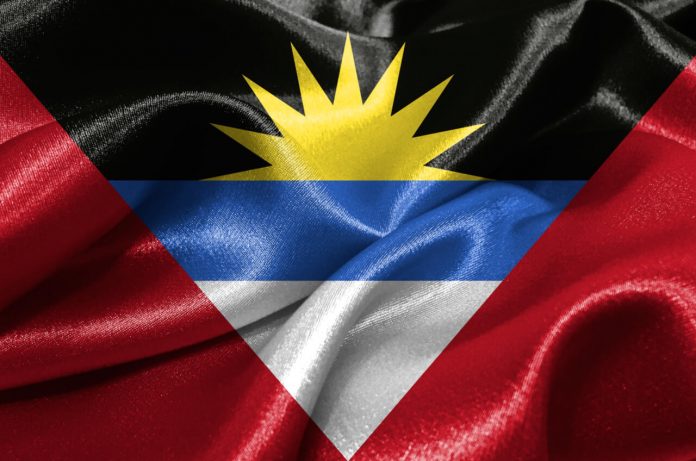Antigua and Barbuda, which is located in the Caribbean Sea, has been engaged in a nearly 20-year dispute with the United States over online gaming losses. It has all but given up hope of ever recouping what it estimates are billions of dollars in losses. The World Trade Organization (WTO) ruled in favor of the Caribbean island and against the United States in the case, but, unfortunately, the island nation has so far been unable to collect any of its money.

The Dispute
 Before the Internet, the nation of Antigua and Barbuda survived on various economic trading, such as tobacco and cotton, slavery, and tourism. The country has also become a center for banking among the Caribbean nations, the southern United States, and Central and South America. By far the largest economic employer is tourism. The tourist trade, however, depends on the economy and the weather. When the economy of countries whose citizens travel to Antigua and Barbuda, such as the United States and the United Kingdom, are bad, tourism suffers. In addition, tourism is seasonal, and the country was looking for ways to extend the economy to a year-round, stable system.
Before the Internet, the nation of Antigua and Barbuda survived on various economic trading, such as tobacco and cotton, slavery, and tourism. The country has also become a center for banking among the Caribbean nations, the southern United States, and Central and South America. By far the largest economic employer is tourism. The tourist trade, however, depends on the economy and the weather. When the economy of countries whose citizens travel to Antigua and Barbuda, such as the United States and the United Kingdom, are bad, tourism suffers. In addition, tourism is seasonal, and the country was looking for ways to extend the economy to a year-round, stable system.
With that in mind, Antigua and Barbuda was looking to diversify its economy. It has seen some success with the banking industry and riding the wave of the Internet, the West Indian nation jumped on the bandwagon and became one of the first countries to legalize online gambling. Antigua and Barbuda licenses Internet gaming companies and has been the location for most online gaming companies in the region. This early start gave Antigua and Barbuda an advantage in the online gaming industry.
However, a dispute arose between the Caribbean country and the United States. The online gaming companies that were doing business in the United States (sometimes illegally) were running their games from Antigua and Barbuda. The United States argued that if people in the U.S. were using those gaming websites to gamble, the transactions would be controlled by the country where the transactions were begun, which, in this case, would be the United States. To make its point, the U.S. passed a law in 2006 that made Internet gaming illegal when it is initiated outside the United States. This was in direct violation of a treaty between nations governed by the WTO.
Failure to Collect
 Antigua and Barbuda took the dispute to the WTO, which ruled in favor of the small nation, and ordered the United States to pay $21 million in 2007. While Antigua and Barbuda saw this as a victory, the country has been unable to collect the money. Antigua and Barbuda has tried various measures to collect it, including taxing the intellectual property of American artists and charging additional docking and tourism fees. But, so far, the tiny nation has not been able to make a dent in the amount of money it is owed. Antigua and Barbuda estimates, that since 2006, when the law in the United States was passed, the country has lost more than $315 million.
Antigua and Barbuda took the dispute to the WTO, which ruled in favor of the small nation, and ordered the United States to pay $21 million in 2007. While Antigua and Barbuda saw this as a victory, the country has been unable to collect the money. Antigua and Barbuda has tried various measures to collect it, including taxing the intellectual property of American artists and charging additional docking and tourism fees. But, so far, the tiny nation has not been able to make a dent in the amount of money it is owed. Antigua and Barbuda estimates, that since 2006, when the law in the United States was passed, the country has lost more than $315 million.
The country is now planning to return to the WTO to try and get a solution to the dispute through mediation. While the United States has stated that Antigua and Barbuda is playing politics and seeking to cast the United States in the light of a big, bad bully, the Caribbean country noted this is, in reality, a case of a larger and powerful country taking advantage of a smaller country with very little financial or political power. The WTO may find itself back in the middle of trying to mediate a burgeoning business dispute, as online and mobile gaming is set to explode in the next five to 10 years.
Disclaimer: All images are copyright to their respective owners and are used by USA Online Casino for informational purposes only.












